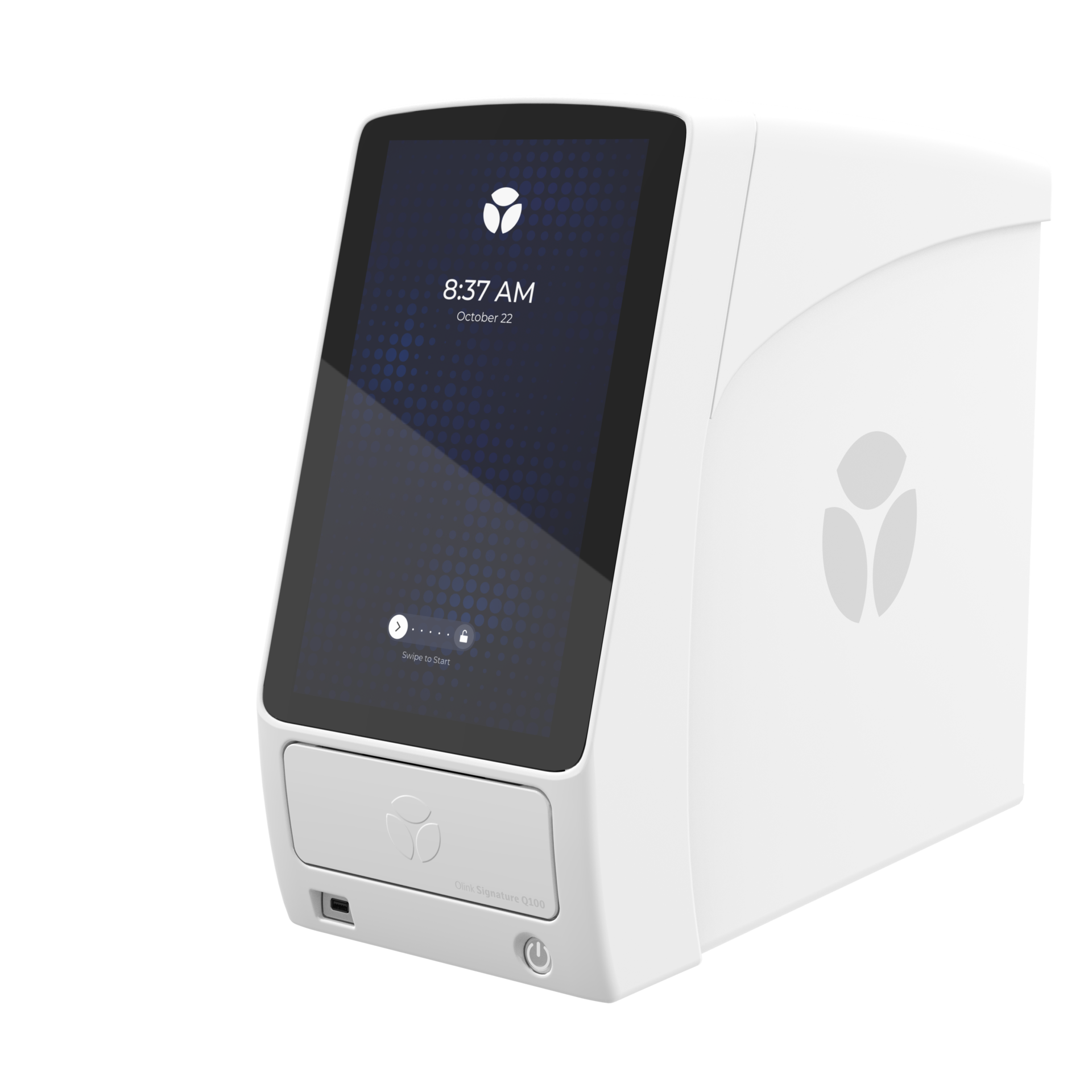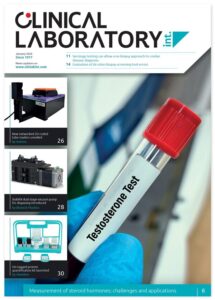Synexa Life Sciences expands biomarker discovery capabilities with the addition of Olink Target Platform
Synexa Life Sciences, a global Clinical Laboratory Services provider for the biopharma industry, has integrated the Olink Target immunoassays and the Olink Signature Q100 instrument into its extensive suite of biomarker discovery platforms.
The adoption of Olink Signature Q100 represents a significant step forward in Synexa’s commitment to providing leading biomarker and bioanalytical solutions to its pharma and biotech customers. Olink Signature Q100 processes and analyses Olink Target assays in the format of disease-focused panels that require as little as 1 μL of serum, plasma, or other biological sample types. Profiled protein biomarkers reveal deeper insights into disease mechanisms, identifying potential therapeutic targets, and accelerating the development of innovative treatments.
“By adding the Olink platform into our service line, Synexa can further support researchers’ efforts in several key areas including translational research, patient centric sampling and extracellular vesicle analysis,” said Justin Devine, Chief Innovation Officer, Synexa.
Emile Lens, CEO at Synexa Life Sciences commented: “The addition of Olink to the Synexa technology portfolio demonstrates our continued commitment to strengthening our biomarker and bioanalysis capabilities across several expertise areas including oncology, immuno-oncology, infectious diseases and more. Incorporating Olink into our service portfolio allows us to solve clinical research questions more effectively, greatly expanding access to proteomics for deeper biological insights to our global customers.”
The Olink Signature Q100 is a purpose-built benchtop system designed to meet the exact demands of clinical laboratory services in the pharmaceutical, biotech, and contract research organization sectors. It offers a wide array of capabilities, including high-throughput multiplex protein biomarker measurement and data analysis, utilizing a seamless workflow saving time at the lab bench. This allows researchers to efficiently process a vast number of samples and datasets and accelerate drug discovery and enhance personalized medicine.





